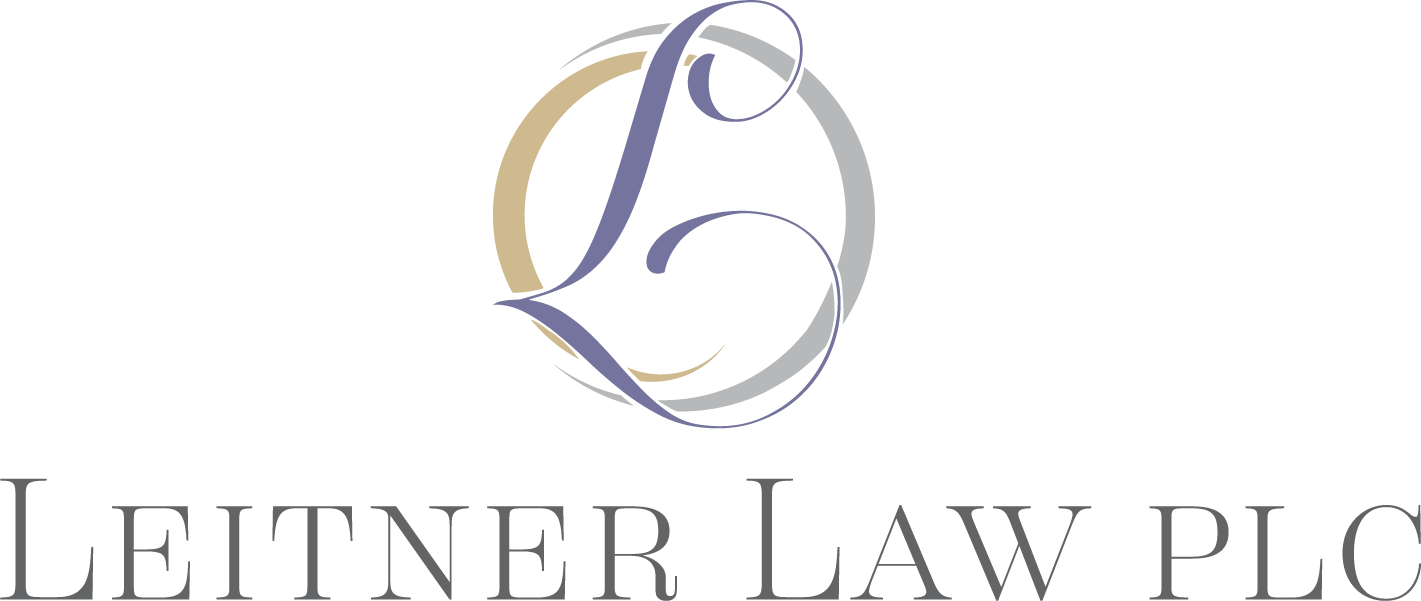Watch Out for These Potential Problems with Life Estates
Life estates can be an excellent tool for Medicaid planning, probate avoidance, and tax efficiency, but potential problems may exist. Knowing the implications and risks of a life estate is essential in determining whether it is appropriate for your situation.
In a life estate, two or more people each have an ownership interest in a property, but for different periods of time. The person holding the life estate -- the life tenant -- possesses the property during his or her life. The other owner -- the remainderman -- has a current ownership interest but cannot take possession until the death of the life estate holder. The life tenant has full control of the property during his or her lifetime and has the legal responsibility to maintain the property as well as the right to use it, rent it out, and make improvements to it.
Life estates are excellent planning techniques in many circumstances. They permit parents to pass ownership of their homes to their children while retaining absolute possession of the property during their lives. By executing a life estate deed, the property avoids probate at the parents' deaths, is protected from a Medicaid lien, and receives a step-up in tax basis at the parent's death.
However, there are potential issues that may arise with life estates, and it’s important to fully understand the following risks:
As a life tenant, you may not easily sell or mortgage property with a life estate interest. The remaindermen must all agree if you decide to sell or borrow against the property.
If the property is sold, the remaindermen are entitled to a share of the proceeds equal to what their interest is determined to be at that time.
It is not as easy to remove or change a name once it is on a deed to real estate as it is to change the beneficiary in your will.
Once a remainderman is named on the deed to your house, he or she has an interest in the home and his or her legal problems could become yours. For example, if your child, who is a remainderman, is sued or owes taxes, a lien could be filed against your home. Your child’s interest in the home is not protected if he or she files for bankruptcy. If your child gets a divorce, his or her spouse could claim all or part of your child’s interest in your home. Should your child die before you do, the child’s estate would have to go through probate unless at least one other remainderman was listed as a joint tenant. However, while these claims may be made against the property, no one can kick you out of your home during your life.
Giving away an interest in property could disqualify you from receiving assistance from Medicaid, should you require long-term care within five years of the transfer. In addition, if you and the remaindermen were to sell the property five years after the transfer when you are receiving Medicaid benefits, the state could have a claim against your share of the proceeds for payments it has made on your behalf, but the share of the proceeds passing to the remaindermen would be protected.
As with most planning tools, a life estate can be very useful with valuable benefits, but it is not for everyone. In many cases, the potential problems outweigh the benefits. If you’re considering gifting your property and retaining lifetime rights, you should consult with an attorney who is experienced in estate planning and elder law.


